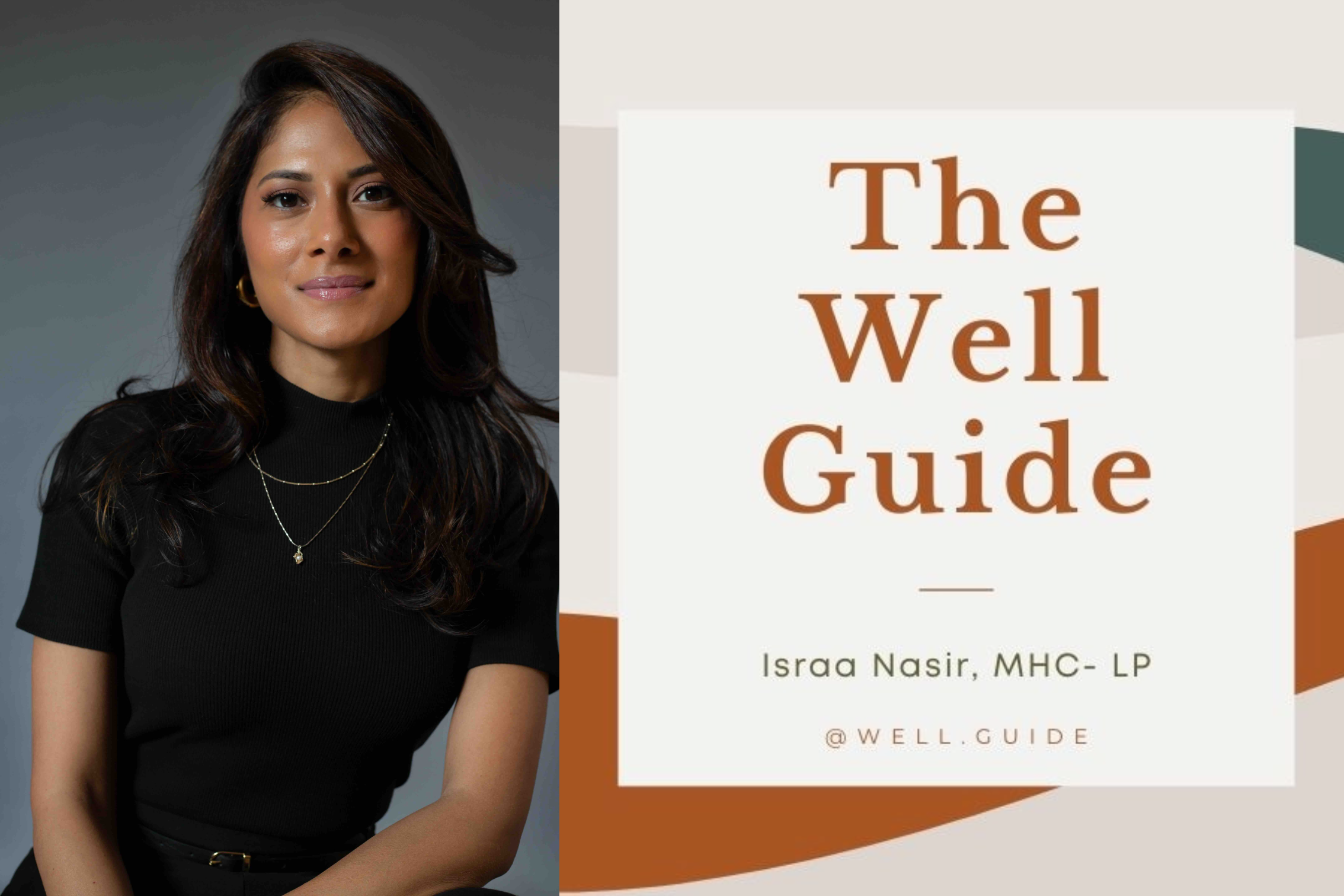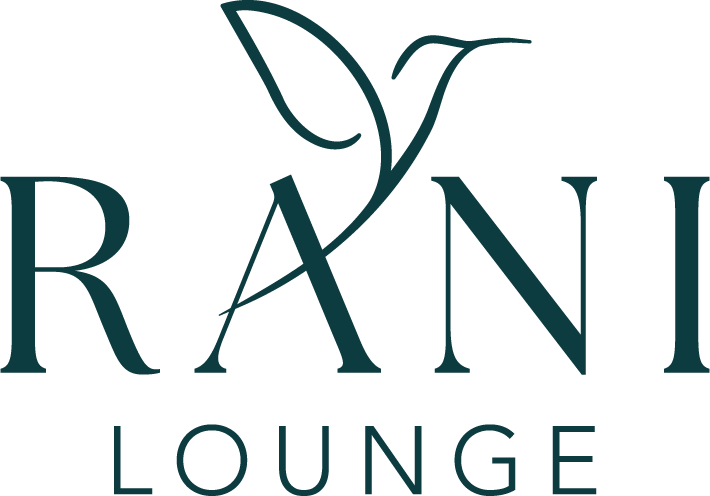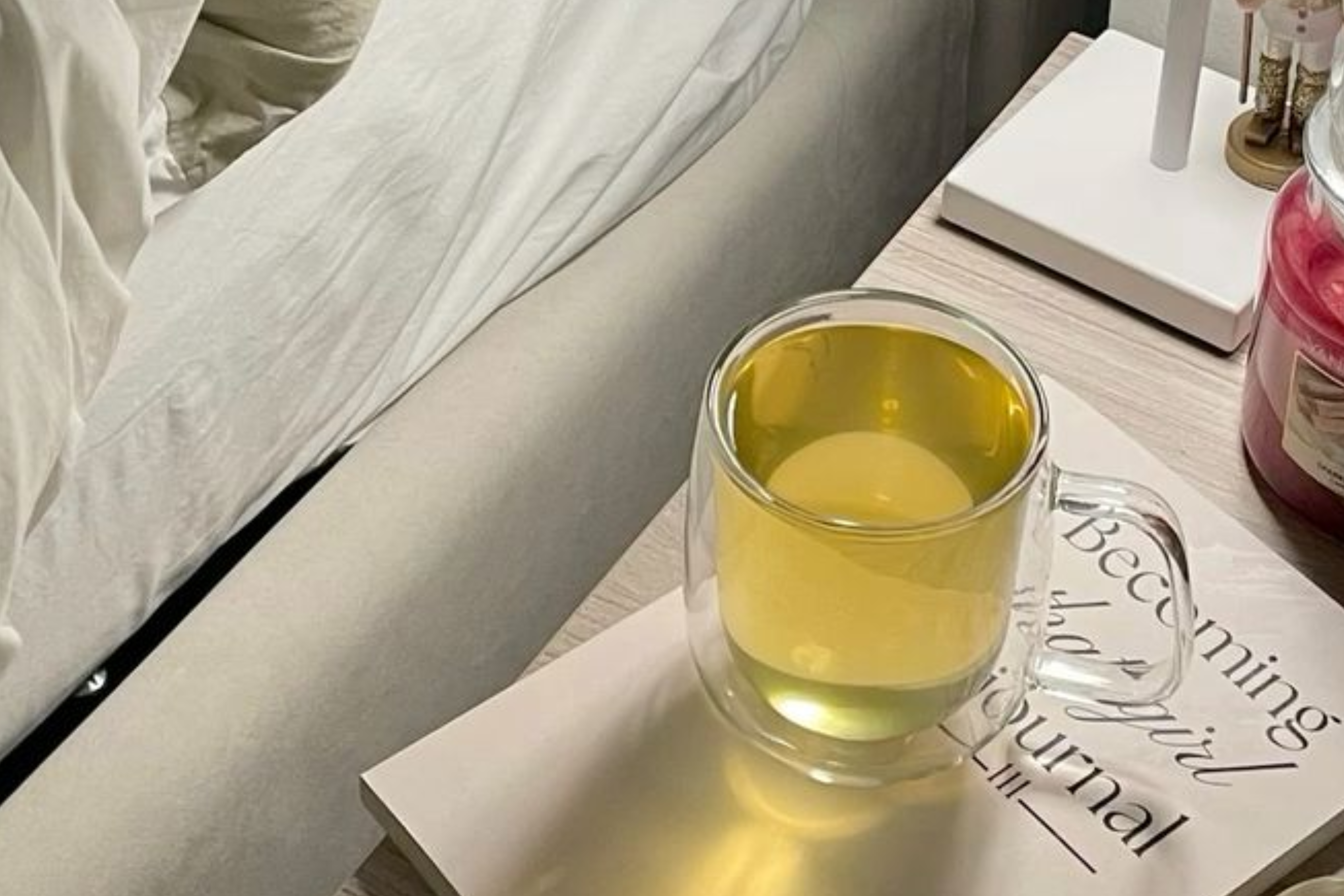
Rest and productivity with Israa Nasir
We recently sat down with Israa Nasir (@well.guide), therapist, educator, and author of the upcoming book "Toxic Productivity" to talk about her relationship with rest and relaxation.
How does rest and relaxation relate to mental health and productivity?
IN: Rest and relaxation are two separate but connected things. Rest is taking time off from doing, and relaxation is engaging in activities that nourish you. Together, they create an environment (externally and internally in your body) that allows you to replenish your energy, restore your body at a cellular level, improve your resilience, increase creative thinking and problem solving, and make you happier - all these things improve your productivity and mental health. People often mistake resting/relaxing as being the opposite of productivity, but I think that they are a part of our productivity habits because it makes our productivity healthier and more sustainable. In my book, Toxic Productivity, I talk about in a lot of detail how if you don't rest adequately, and you don't do relaxing and rejuvenating activities, then you will not be as productive as you want to be.
What is your relationship with rest and relaxation and how has this changed throughout your life?
IN: Over the years, I have been deliberate and intentional about building rest rituals in my routine to make sure I engage with rest regularly - like a habit. When I was a little younger, I subscribed to the unhealthy mindset of ignoring the need for rest, feeling guilty for resting and thinking I had to push through feeling tired, unmotivated and burnout.
What advice do you have for people like new parents, shift workers, etc. who don't have the option of maintaining consistency in their schedules and routines?
IN: My advice is to start small. Research has shown that 10 minutes of meditation, a creative craft, stillness, or stretching - all have a significant impact on lowering stress levels. So, to anyone with a fast-paced lifestyle, the idea of taking out 60 mins daily to rest or take a break, I recommend just finding 10 mins daily and try to add it on to something you already regularly do (as an anchor). This is known as habit stacking. For example, a 4 min meditation right after brushing your teeth (or before).
What are some specific practices that you incorporate into your life to ensure you get adequate rest?
IN: I've changed my morning routine to be slower and more relaxed, by waking up 20 mins earlier than I used to so I can have breakfast sitting at a table instead of on-the-go. This helps me have a grounded state of mind for my day. I also don't drink caffeine after 3pm (which was a huge adjustment for me). And I sleep while listening to Brown Noise which helps my body relax.
You can learn more about Israa at www.israanasir.com and @well.guide. Be sure to keep an eye out for the launch of her upcoming book, Toxic Productivity, coming this fall.


